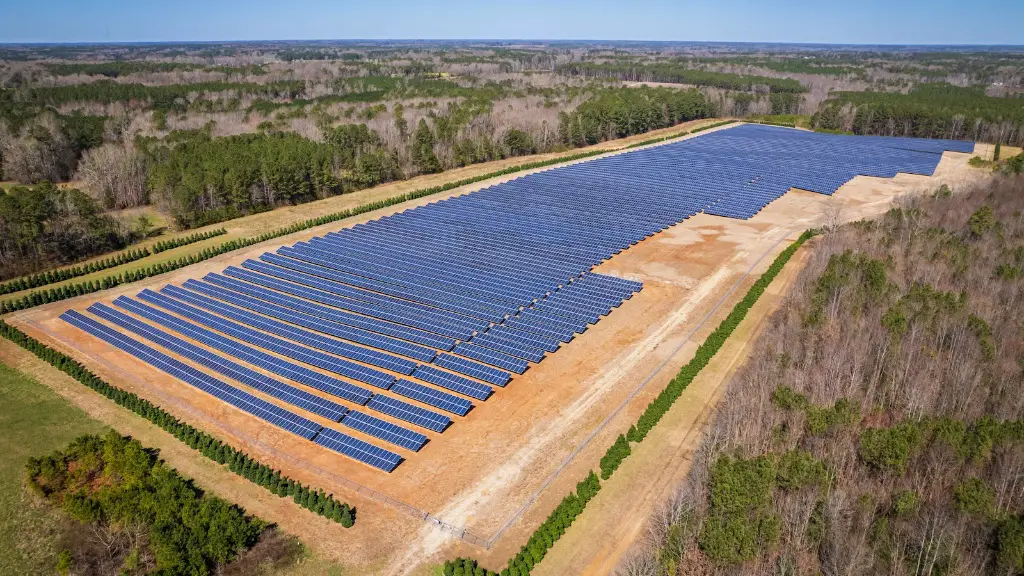Amid the ongoing debate about climate change, one thing is certain: A warmer world will have far-reaching consequences for the entire planet. There is widespread agreement that global warming is a major risk factor and that urgent action needs to be taken to reduce emissions in order to slow its progress. This article will explore some of the potential impacts of global warming, both positive and negative, and how they may affect our environment and society.
One of the most discussed effects of global warming is the melting of ice in polar regions, which is already having an impact on sea levels. The melting of the polar ice caps is not only threatening coastal regions and low-lying islands with the prospect of floods and erosion, but it is also adding to the growing amount of plastic debris that is accumulating in our oceans. Furthermore, the lack of sea ice can affect the fishing industry, negatively impacting both the fish populations and the communities that depend on them for their livelihoods.
The melting of polar ice may also have harmful effects on the global atmosphere, as the release of dark, sooty particles known as aerosols from the ice may contribute to higher temperatures by trapping in the atmosphere heat from the sun’s rays. Additionally, the increased presence of carbon dioxide in the atmosphere has already been linked to the spread of disease and pests, the disruption of food webs, extinctions of certain species, and the bleaching of coral reefs, which can lead to their ultimate collapse.
On a more positive note, the warming of our planet may also provide new possibilities for certain types of agricultural production. Longer growing seasons in northern climates may become a reality, while the abundance of water supplies in some areas could open up opportunities for more productive cultivation of crops and livestock. In addition, the reduced concentrations of ground-level ozone, resulting from global warming, has been linked to improving air quality in some regions.
It is clear that we need to find solutions to the problems posed by global warming. Governments must take urgent action to reduce emissions, from both industry and individual sources, and increase investment in renewable energy sources. Policy makers should also be mindful of the potential disruption and displacement of populations due to the impacts of global warming, as this could lead to an increased risk of conflict and social unrest.
Although the situation may seem daunting, citizens have the power to make a difference. By reducing energy consumption through simple everyday changes, such as using LED lightbulbs, refraining from idling engines, carpooling, and recycling, we can all contribute to slowing down the advance of global warming.
It is essential that the impacts of global warming are properly understood and taken seriously, as the effects on our planet could be far-reaching. Increased rates of melting ice, sea-level rises, and changing weather patterns are only the beginning, and collective action is the only way we can make sure the future of our planet is safeguarded.

